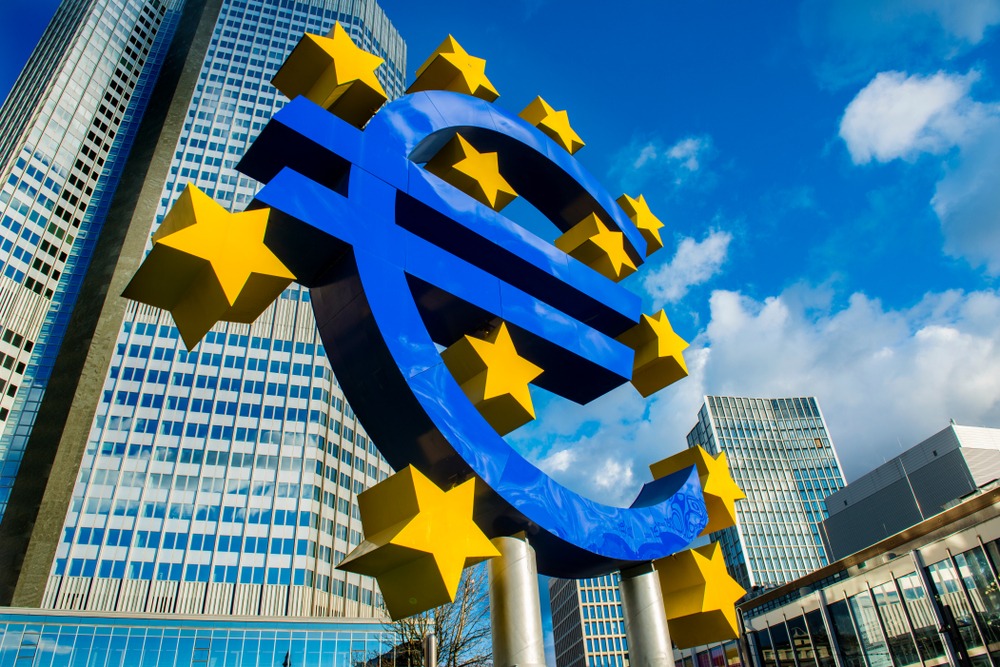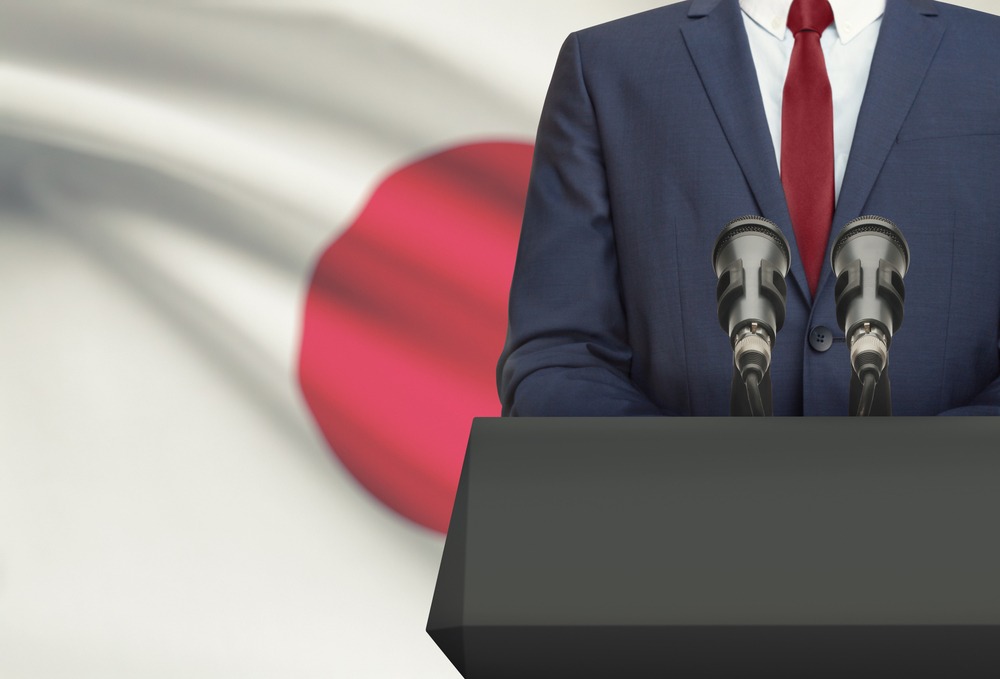European Central Bank board member Isabel Schnabel said the eurozone economy has reached a turning point. She said the recent rise in borrowing costs reflects improved fundamentals. This is playing down concerns that rising yields risk stopping growth.
At a June 10 meeting, the ECB must decide on the future pace of its emergency bond buys. It has been dealing with a continuous rise in borrowing costs. More policymakers are calling for a steady flow of stimulus over fears that the recovery might just stall.
Schnabel argues that the rise in nominal yields was likely. The head of the ECB’s market operations said that financing conditions remain favorable, in line with the bank’s December commitment.
She said that rising yields are a natural development at a turning point in the recovery that investors become more optimistic. Moreover, inflation expectations rise and, as a result, nominal yields go up, she added. This is precisely what they would expect and what they want to see, Schnabel said.
She also argued that financing conditions remain favorable, noting that real or inflation-adjusted rates are broadly stable.
The Eurozone Economy is Set to Grow
The eurozone economy is now emerging from a double-dip recession. It is expected to grow more than 4% in 2021, with its services sector recovering from the pandemic lockdowns. It is also expected however, to take another year before it can go back to pre-crisis level.
With this speed in improvement, 10-year German bond yields hit a two-year high in May. This benchmark for the 19-country currency bloc now trades at around minus 20 basis points. Since the ECB’s December meeting, it was up around 45 basis points.
The yield rose even while the ECB is buying around 100 billion euros of debt each month. Investors worry that any sign of a retreat could fuel a broad selloff.
Schnabel also pushed back against calls by conservative policymakers for a reduction in bond buys. Her argument was that the concept of ‘tapering’ or gradually winding down the 1.85 trillion euro Pandemic Emergency Purchase Programme is inconsistent with its aim.
They always have to be willing to reduce or increase asset purchases, she said. This is in line with their promise to keep euro area financing conditions favorable, she said.
The central bank board member added that the recovery still depends on continued policy support. Schnabel said that a premature withdrawal of either fiscal or monetary support would be a great mistake. Large parts of the economy were still in emergency mode, she noted.













